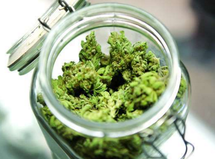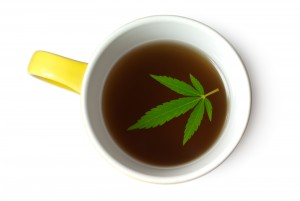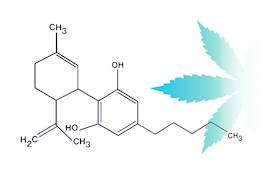|
After three months, the Australian QUEST Initiative demonstrates that Cannabis improves the quality of life of patients with chronic health conditions.
As Cannabis use increases, questions arise as to the overall benefits of the plant. Public health authorities highlight increasing calls to poison control centers and emergency department visits. The National Institute of Drug Abuse stubbornly holds on to a failed war on “drugs” by questioning the incidence of psychological disorders among young Cannabis users. These claims are reminiscent of Reefer Madness. As with most controversial topics, there is equal or better evidence contradicting the claims. NIDA Director, Dr. Nora Volkow, might retort that studying benefits of Cannabis is not a directive. Whether NIDA's directive is valid (or not), what’s clear is that Cannabis will never go away. It's use improves health and wellness. The U.S. Cannabis community is accustomed to consuming the flower. In the U.S., Cannabis flowers are approximately 60% of sales. Cannabis flowers are difficult to prescribe. Due to variable active constituents, most flower users must apply trial and error to determine an appropriate dose. Flower consumption includes a broader spectrum of terpenes, thiols, esters, and flavonoids, constituents beyond cannabinoids. South of the equator, Australians acknowledge Cannabis use for health and wellness. Although Cannabis flower is available in Australia, researchers at the University of Sydney prefer to study the effect of a more standardized and predictable Cannabis oil. Australian physicians prescribe the oil for chronic conditions involving pain, anxiety, and depression. The oil is extracted from the flower and dispensed by dropper. The products consist of different ratios of THC and CBD in a base of medium chain triglycerides (MCT). For the QUEST initiative, physicians and patients choose four different oil formulations, including 1:20 (1 mg THC and 20 mg CBD per 1 ml), 1:1 (10mg THC and !0 mg CBD per ml), 20:5 (20 mg THC and 5 mg CBD per 1 ml), and CBD 50 (50 mg CBD per 1 ml). The Initiative evaluates patient reported outcomes from 2327 patients prescribed Cannabis oil. The patients completed a baseline and at least one follow-up survey. The average age of the participants was 51 years old, 63% were female and 37% were male. Due to their illness, 25% of the participants were either unemployed, on leave, or on limited work duties. Analysis of the data describes significant and rapid initial improvement of health-related quality of life measures maintained over three months. Pain, fatigue, anxiety, and depression all improved. However, respondents with sleep disturbance or diagnosed with insomnia did not demonstrate statistical improvement. Most of the elderly suffer from chronic pain which significantly alters daily activities and imposes a burden on health care costs. As a poor alternative, opioids lead to serious adverse events including respiratory depression and death. Anxiety and depression symptoms impair work and social functioning. In the past fifty years, despite economic growth, quality of life in the US has declined. Cannabis prohibition accounts for a minute fraction of time. US HHS Secretary Xavier Becerra’s recent recommendation to re-schedule Cannabis under the Controlled Substances Act is an indication that a century of Cannabis prohibition is nearly over. We have evolved with Cannabis. Admittedly, panaceas don’t exist. But, if we have to select a solution or remedy for all difficulties or diseases, Cannabis might be second only to water. Meanwhile, this Australian study from provides real-world evidence to quiet dissenters. |
AuthorJean Talleyrand, M.D., Archives
September 2023
Categories |
Mailing Address: MediCann 1336 Willard Street, C • San Francisco, CA 94117
Important Disclaimer!
The information contained in this site does not intend to replace any medical advice or care by a trained physician.
Any use of this information is solely the the responsibility of the user.
Important Disclaimer!
The information contained in this site does not intend to replace any medical advice or care by a trained physician.
Any use of this information is solely the the responsibility of the user.
© COPYRIGHT 2015. ALL RIGHTS RESERVED.


 RSS Feed
RSS Feed


